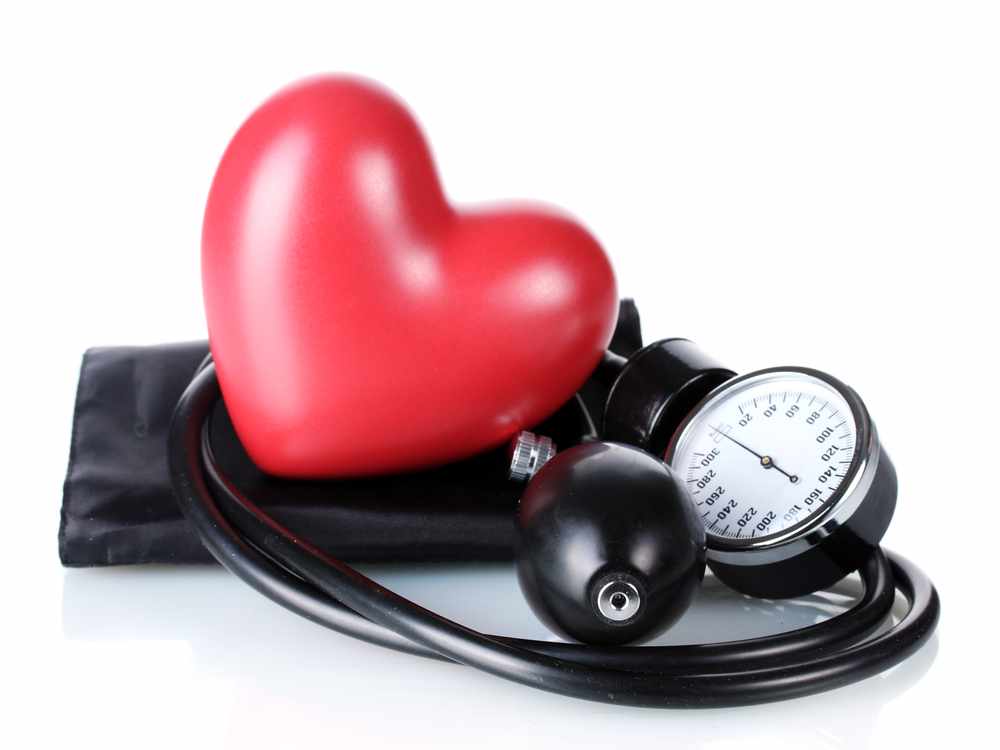-
Featured News
Housecall: High blood pressure and healthy lifestyle choices
 THIS WEEK'S TOP STORIES
THIS WEEK'S TOP STORIES
10 ways to control high blood pressure without medication
Lifestyle plays an important role in treating high blood pressure. If you can successfully control your blood pressure with a healthy lifestyle, you might avoid, delay or reduce the need for medication. Try these 10 lifestyle changes to lower your blood pressure and reduce your risk of heart disease.
Deep vein thrombosis
If vacation plans are in your future, stay safe as you travel. Sitting for long stretches in a car or plane raises your risk for blood clots forming in one or more of the deep veins in your body, usually in the legs — a condition called deep vein thrombosis. These clots can break loose, travel through your bloodstream and lodge in your lungs, blocking blood. This is called a pulmonary embolism, which can be life-threatening. Read about the symptoms of deep vein thrombosis and what you can do to prevent it.
EXPERT ANSWERS
Is constantly craving and chewing ice a sign of anemia?
Health care providers use the term "pica" to describe craving and chewing substances that have no nutritional value, such as ice, clay, soil or paper. Craving and chewing ice (pagophagia) often is associated with iron deficiency — with or without anemia — although the reason is unclear. Learn more from Dr. Rajiv Pruthi, a Mayo Clinic hematologist.
Can fish oil supplements improve psoriasis symptoms?
Psoriasis is less common in populations whose dietary staples include cold-water fish containing omega-3 fatty acids. But study results have been mixed as to whether fish oil supplements can reduce inflammation and improve psoriasis signs and symptoms, such as itching and scaling. Learn more from Dr. Brent Bauer, director of Mayo Clinic's Complementary and Integrative Medicine Program.
PLUS ADDITIONAL HIGHLIGHTS
Sprained ankle
Autism spectrum disorder
Hyperparathyroidism
Tinnitus
HEALTHY RECIPES
Polenta with fresh vegetables
Pasta with spinach, garbanzos and raisins
Orange-rosemary roasted chicken
Fava beans with garlic
HEALTH TIP OF THE WEEK
Is your diet hurting your heart?
When you eat, your body converts any calories it doesn't need right away into triglycerides, which are stored in your fat cells. If you regularly eat more calories than you burn, you may have high triglycerides. The higher your triglycerides, the higher your risk for heart disease. The solution is healthier habits. Choose nutritious foods, such as fruits and vegetables; scale back your portion sizes; and include physical activity in your daily routine.
Need practical advice on diet and exercise? Want creative solutions for stress and other lifestyle issues? Discover more healthy lifestyle topics at mayoclinic.org.
Receive a free e-subscription to Housecall and other health newsletters.







